Discover Volts
Volts

Volts
Author: David Roberts
Subscribed: 849Played: 71,025Subscribe
Share
© David Roberts
Description
Volts is a podcast about leaving fossil fuels behind. I've been reporting on and explaining clean-energy topics for almost 20 years, and I love talking to politicians, analysts, innovators, and activists about the latest progress in the world's most important fight. (Volts is entirely subscriber-supported. Sign up!)
www.volts.wtf
www.volts.wtf
366 Episodes
Reverse
In this episode, I talk with Seattle mayoral candidate Katie Wilson, a longtime transit and housing organizer who scored a surprise primary victory against the city’s establishment-friendly incumbent. Wilson makes the case for why her deep experience as a community organizer and coalition-builder is precisely the kind of leadership needed to restore faith in government and get big things done. This is a public episode. If you'd like to discuss this with other subscribers or get access to bonus episodes, visit www.volts.wtf/subscribe
In this episode, I chat with Quaise CEO Carlos Araque about unlocking geothermal energy on a planetary scale by drilling miles into the Earth’s crust. He explains how his company’s technology vaporizes rock with microwaves to reach depths where intense heat sends the water supercritical, packing ten times the energy density of conventional geothermal. The ultimate goal: persuading the oil and gas industry to put its capital and expertise toward mining heat rather than fuels. This is a public episode. If you'd like to discuss this with other subscribers or get access to bonus episodes, visit www.volts.wtf/subscribe
Why should you care about a utility commission race in Georgia? Because it’s a national bellwether, a sign of how voters are going to react to skyrocketing power prices and a test of whether Democrats can get their act together. I talk with candidate Peter Hubbard and activist Brionté McCorkle about the state’s Public Service Commission, its coziness with utilities, and what reform would look like. This is a public episode. If you'd like to discuss this with other subscribers or get access to bonus episodes, visit www.volts.wtf/subscribe
In this episode, I chat with investor Clay Dumas of Lowercarbon Capital about the growing use of “advance market commitments” (AMCs). We discuss how this simple idea — a group of buyers commits to purchasing a set amount of a product if it can be produced — can derisk investment and jumpstart innovation in the climate economy’s toughest sectors. Clay explains what makes for a well-designed AMC and how it can accelerate the path to commercialization for everything from carbon removal to green steel. This is a public episode. If you'd like to discuss this with other subscribers or get access to bonus episodes, visit www.volts.wtf/subscribe
Data centers are creating a grid crunch, so what if they paid to solve it by upgrading our homes? I chat with Rewiring America’s Ari Matusiak and PG&E’s Carla Peterman about a new report proposing that hyperscalers fund household electrification to free up the grid capacity they desperately need. We explore how this reframes households as crucial energy infrastructure and creates a win-win-win for tech companies, utilities, and everyday people. This is a public episode. If you'd like to discuss this with other subscribers or get access to bonus episodes, visit www.volts.wtf/subscribe
High-temperature industrial heat for things like steel gets a lot of attention in clean energy world, but its somewhat less sexy cousin low-temperature industrial heat could use a little more. In this episode, I talk with Teresa Cheng (Industrious Labs) and Richard Hart (ACEEE) about how industries like beer, milk, and paper can decarbonize with industrial heat pumps and thermal storage. We dig into how electrified industry could help the grid, confront the hidden costs of sticking with gas, and talk through how grants and financing can tip the scales. This is a public episode. If you'd like to discuss this with other subscribers or get access to bonus episodes, visit www.volts.wtf/subscribe
In the past, Africa's natural resources have often proven to be a curse, leading to exploitation, corruption, and immiseration of indigenous people. Now it finds itself at the center of another resource boom, this time around the critical minerals that will fuel the clean energy transition (lithium, copper, etc.). Will this time be different? Patrick Kipalu argues that indigenous land rights and informed community consent are not barriers to investment, but the only way to ensure stable, equitable development. We explore how African nations can leverage their resources to benefit their own people. This is a public episode. If you'd like to discuss this with other subscribers or get access to bonus episodes, visit www.volts.wtf/subscribe
Dry printing of battery electrodes can avoid the toxic solvents and industrial ovens involved in the conventional wet process, which means a smaller physical and environmental footprint, but engineers have struggled to make it work at the needed scale and speed. Now a company called Sakuu says it has cracked the code. It is selling machines it claims will be able to print multiple battery chemistries, at competitive costs and speeds. I talk with CTO Karl Littau about the details and what 3D printing could enable in future batteries. This is a public episode. If you'd like to discuss this with other subscribers or get access to bonus episodes, visit www.volts.wtf/subscribe
In this episode, I dig into the debate over reforming renewable energy certificates (RECs), the instruments that allow companies to claim they're "100% renewable." I'm joined by Michael Leggett of Ever.green and Peggy Kellen of the Center for Resource Solutions to discuss the push for a "24/7" system that matches RECs to the exact time and place of consumption. We explore whether this seemingly intuitive change is the best path forward or if going too far, too fast could drive buyers from the market and slow decarbonization This is a public episode. If you'd like to discuss this with other subscribers or get access to bonus episodes, visit www.volts.wtf/subscribe
Today's electricity grids are kept stable by the inertia of spinning masses — mostly fossil fuel generators. But what happens when those spinning masses are replaced by inverter-based resources like wind, solar, and batteries? The answer is that inverters must take over the stabilizing job, becoming "grid-forming" rather than merely “grid-following.” I chat with two experts about how grid-forming inverters work, how many are out there, and what the future holds for them. This is a public episode. If you'd like to discuss this with other subscribers or get access to bonus episodes, visit www.volts.wtf/subscribe
Lithium-ion dominates the battery world, but alternative chemistries are finding their niches. I talk with Landon Mossburg, CEO of Peak Energy, about using sodium-ion batteries for large-scale grid storage. They trade some energy density for a longer life and radically lower operating costs, thanks to an innovative, passively cooled design. We also explore the geopolitical opportunity of competing in a battery market that China doesn't already completely own. This is a public episode. If you'd like to discuss this with other subscribers or get access to bonus episodes, visit www.volts.wtf/subscribe
This week I talk with Dan Stein, whose organization Giving Green seeks to align climate philanthropy with the principles of effective altruism. But what does "effective" mean in the face of fossil fuel autocracy? We discuss the difficulties of measuring systems change and debate the limits of technocratic solutions. This is a public episode. If you'd like to discuss this with other subscribers or get access to bonus episodes, visit www.volts.wtf/subscribe
Movement veterans Bill McKibben and Jamie Henn have been thinking about where climate activism goes from here. They argue for a new focus on celebrating and accelerating the miraculous global boom in solar power. We get into what it looks like to fight for building stuff, how to win the online information war for clean energy, and why the sun offers not just cheaper power, but a form of liberation. This is a public episode. If you'd like to discuss this with other subscribers or get access to bonus episodes, visit www.volts.wtf/subscribe
In this episode, I'm joined by Frank Rambo of the Horizon Climate Initiative to discuss "uneconomic dispatch" — the costly and polluting practice of running coal plants even when cheaper, cleaner options are available. We dig into why utilities get away with this, how the Trump administration is now trying to force them to continue via bogus "reliability" claims, and why fighting this practice at the state level is a huge, bipartisan win for both the climate and consumer pocketbooks. This is a public episode. If you'd like to discuss this with other subscribers or get access to bonus episodes, visit www.volts.wtf/subscribe
In this episode, I'm joined by Jake Higdon and Isabel Munilla, who helped develop the original "foreign entity of concern" (FEOC) standards for the Inflation Reduction Act, which sought to encourage domestic supply chains. We explore the security risks that prompted FEOC policy, the delicate balance required to do it right, and the absolute hash that Republicans made of it in their recent budget bill, to the point that it may kill the domestic manufacturing they claim to support. This is a public episode. If you'd like to discuss this with other subscribers or get access to bonus episodes, visit www.volts.wtf/subscribe
In this episode, recorded live back in May, I'm joined by the one and only Jigar Shah to discuss Washington state climate policy and post-IRA policy in general. Jigar argues that to build political durability, the climate movement must shift its focus from shiny tech to solving everyday cost-of-living problems and that smart finance is the real key to scaling the energy transition for everyone. This is a public episode. If you'd like to discuss this with other subscribers or get access to bonus episodes, visit www.volts.wtf/subscribe
I'm joined by Alon Levy of NYU's Transit Costs Project, whose work documents how expensive it is to build transit in the US relative to the rest of the world. We discuss how countries like Spain and Italy build cheaply by relying on in-house public expertise and standardized designs, while the Anglosphere is captured by a costly ideology of privatization. Levy explains how applying these lessons could make ambitious projects like high-speed rail in the Northeast not just possible but affordable. This is a public episode. If you'd like to discuss this with other subscribers or get access to bonus episodes, visit www.volts.wtf/subscribe
Ann Arbor voted to create a parallel, municipal electric utility that offers only distributed renewables, and Missy Stults is the woman making it real. We explore the nuts and bolts: buying existing solar for seed revenue, building microgrids in a city still served by DTE, and why DTE is — so far — more curious than threatened. If it works, the SEU could become the blueprint for every climate-ambitious town trapped in IOU territory. This is a public episode. If you'd like to discuss this with other subscribers or get access to bonus episodes, visit www.volts.wtf/subscribe
In this episode, Arc CEO Mitch Lee explains why the jump from gas-powered boats to electric boats is even bigger, in terms of quality and user experience, than the jump from gas-powered cars to EVs. EBs are strikingly quieter, have greater torque, and require much less maintenance. Oh, and despite what Trump says, they are also much safer and less likely to strand their occupants. This is a public episode. If you'd like to discuss this with other subscribers or get access to bonus episodes, visit www.volts.wtf/subscribe
I chat with Kostantsa Rangelova and Dave Jones, authors of a new Ember report, who find that solar-plus-storage costs have declined so much that it can now provide baseload-level power in sunny cities for less than the cost of new nuclear or even new gas. We discuss why even energy pros are behind the curve on this, how quickly the technology is improving, and why most of the world doesn't see natural gas as a viable option the way the US does. This is a public episode. If you'd like to discuss this with other subscribers or get access to bonus episodes, visit www.volts.wtf/subscribe


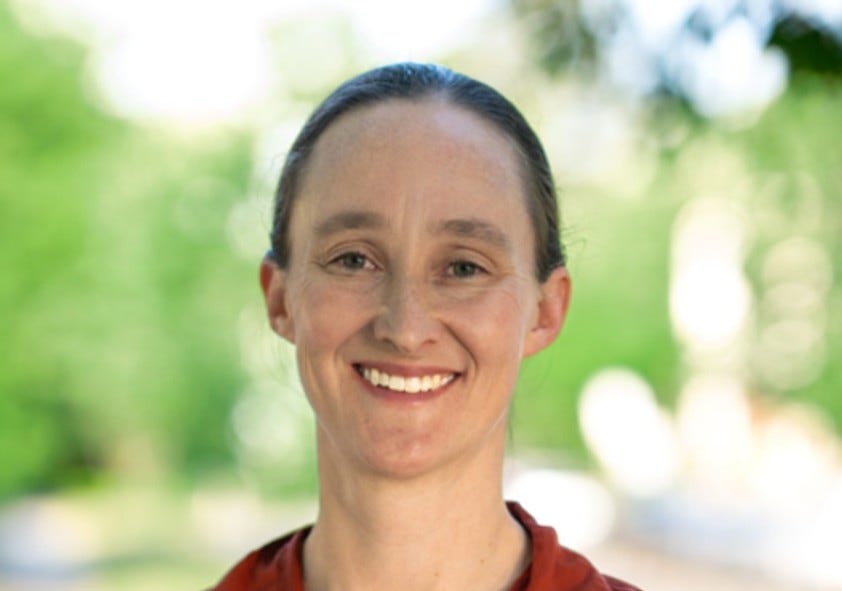
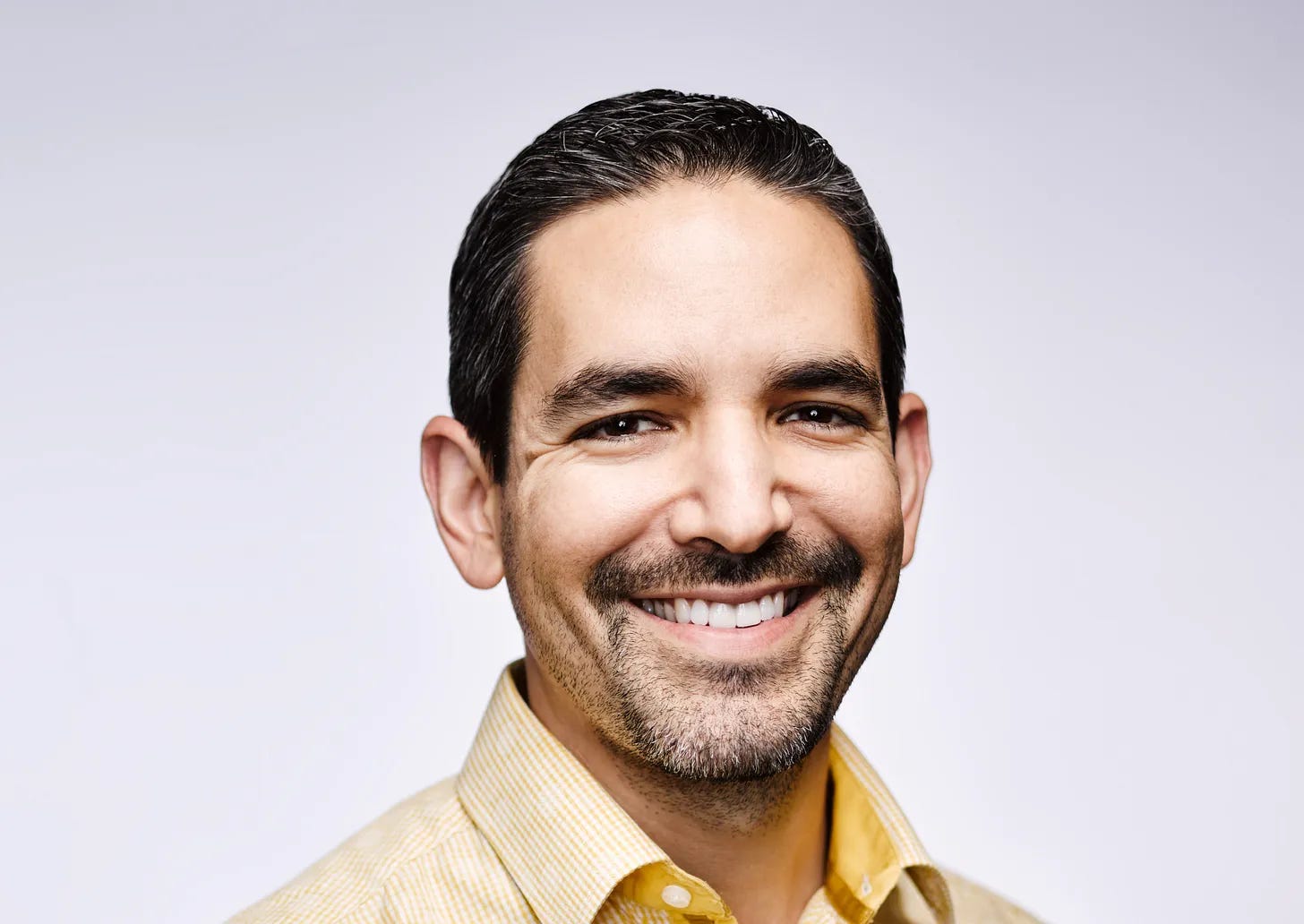

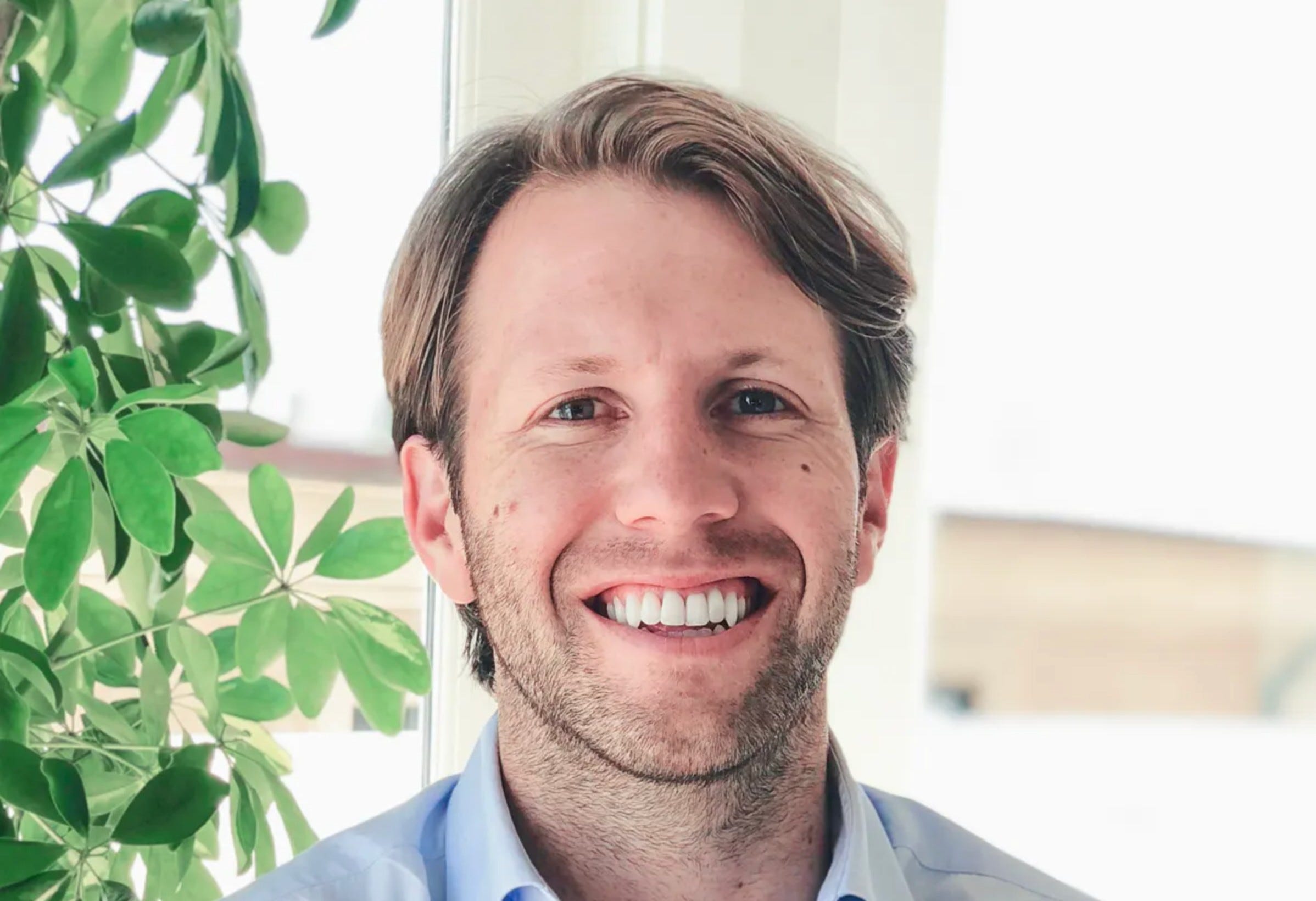
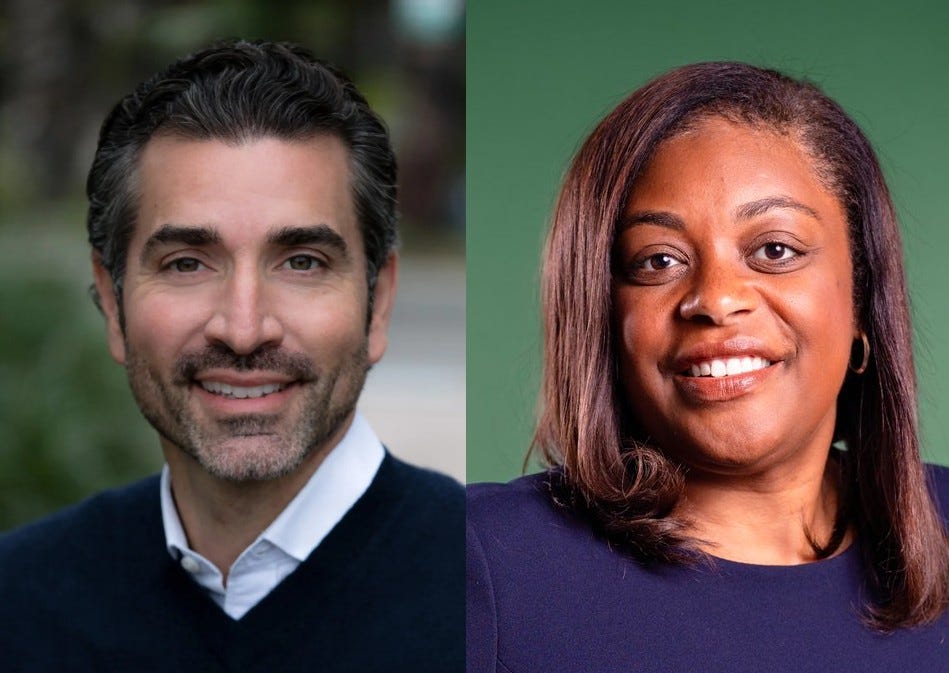
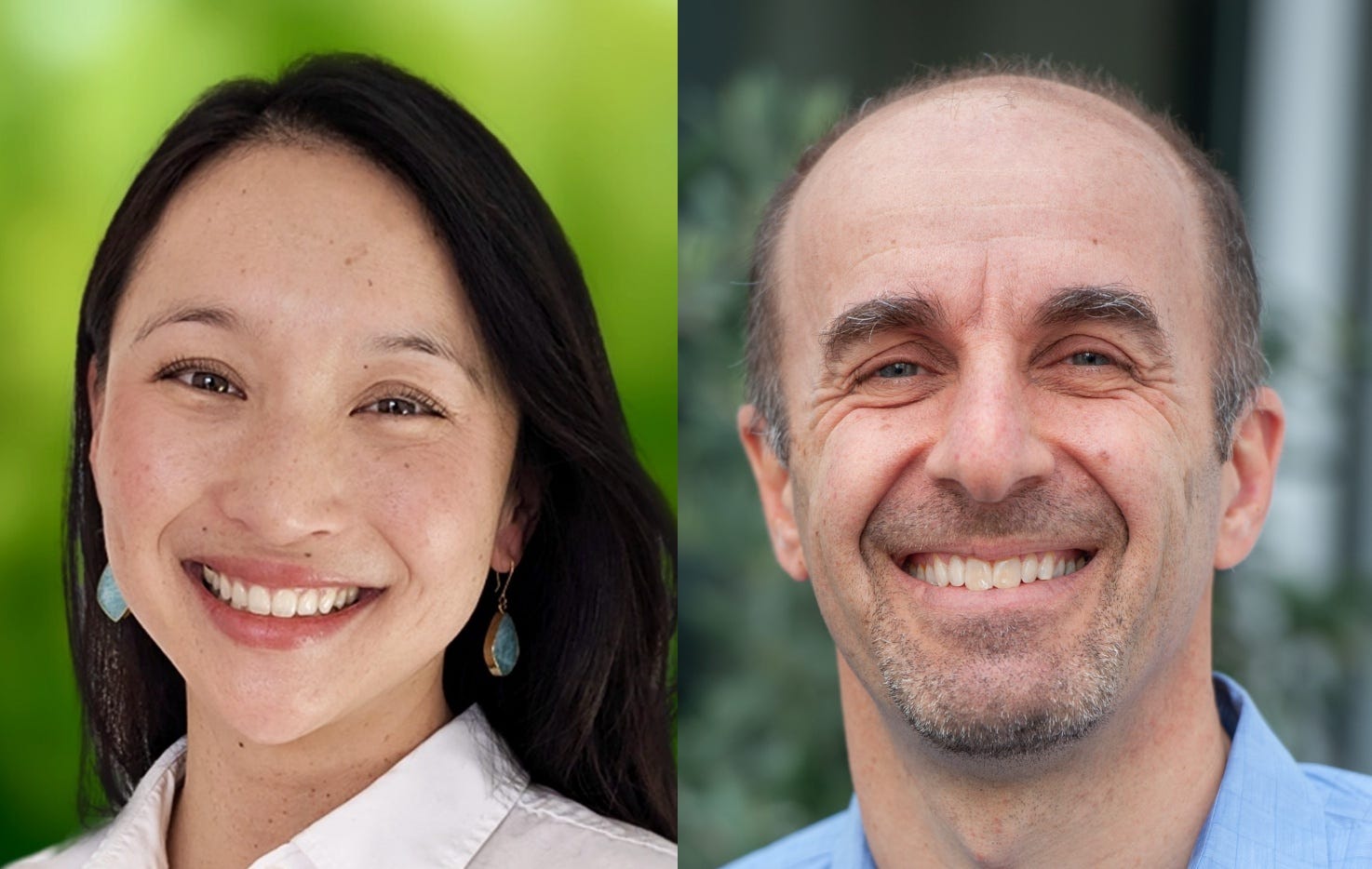
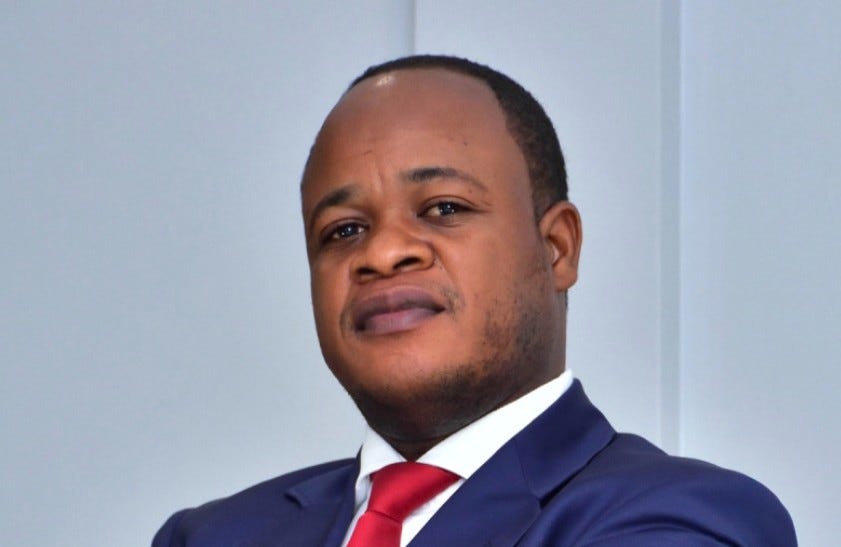
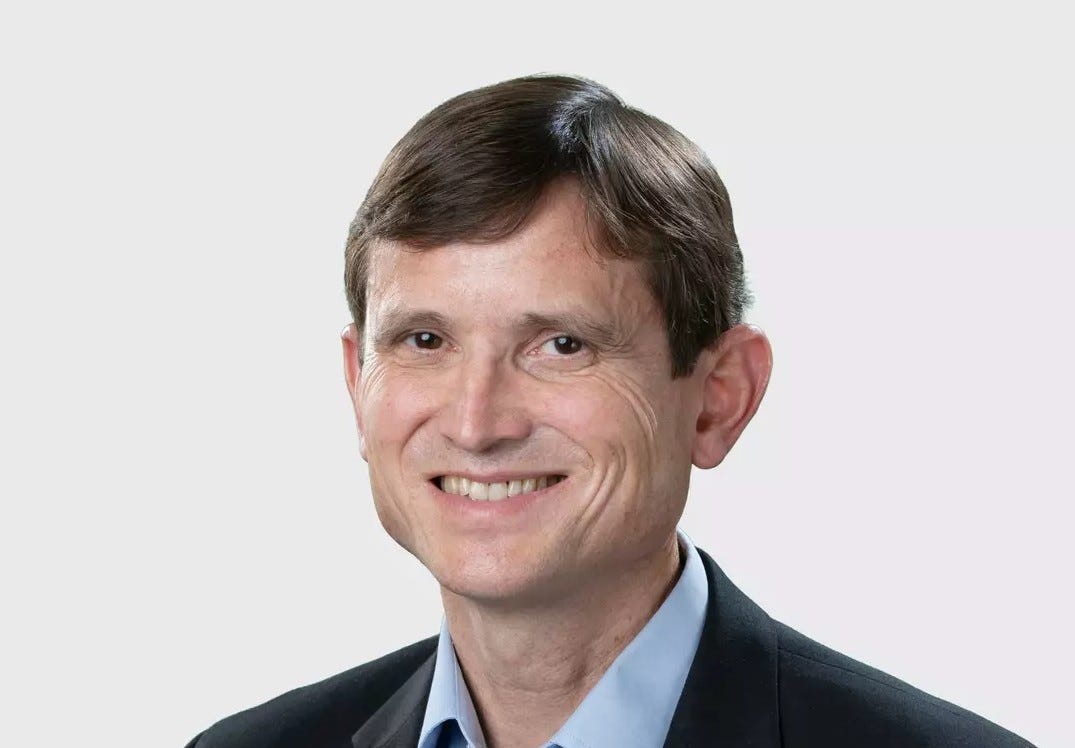
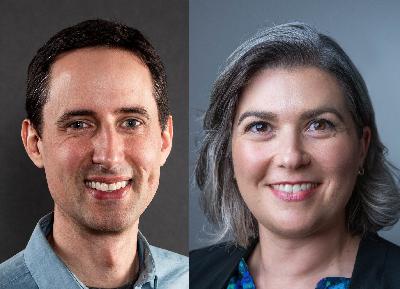
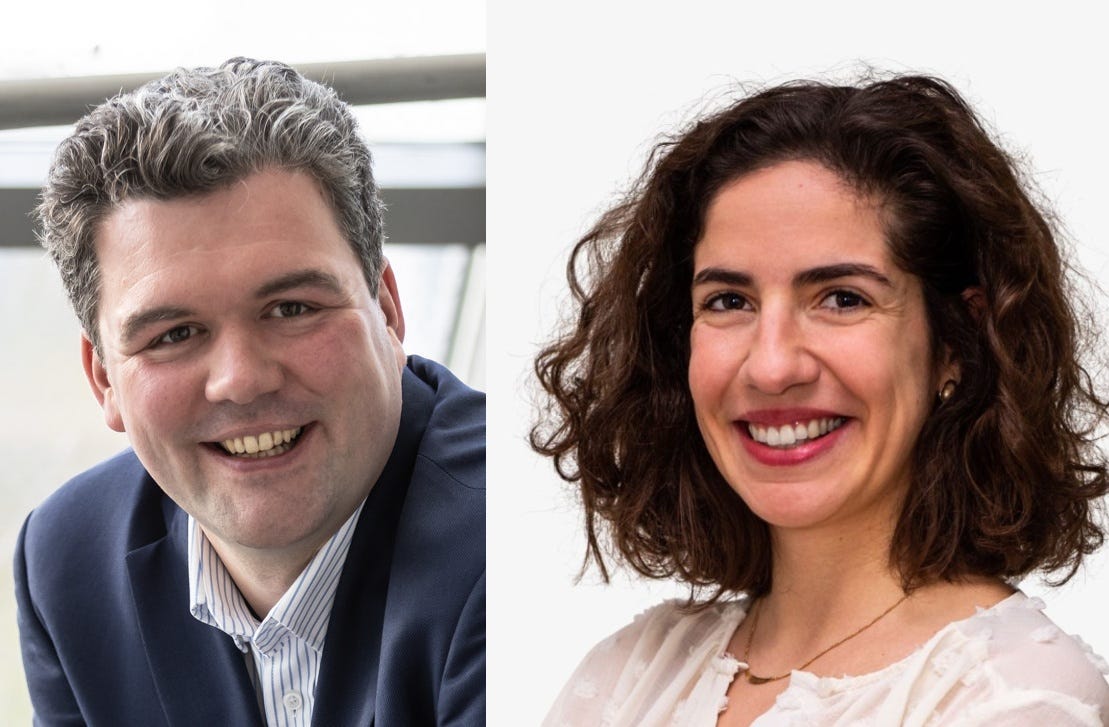
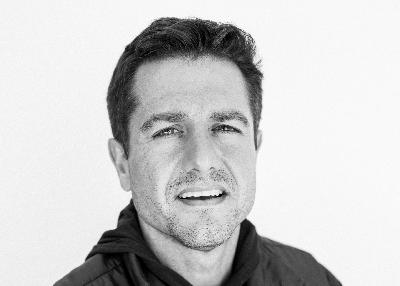
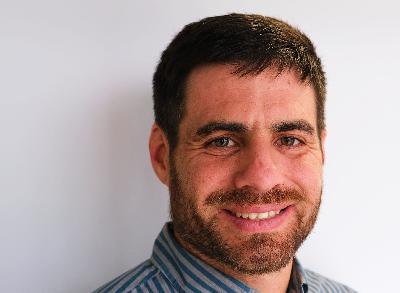
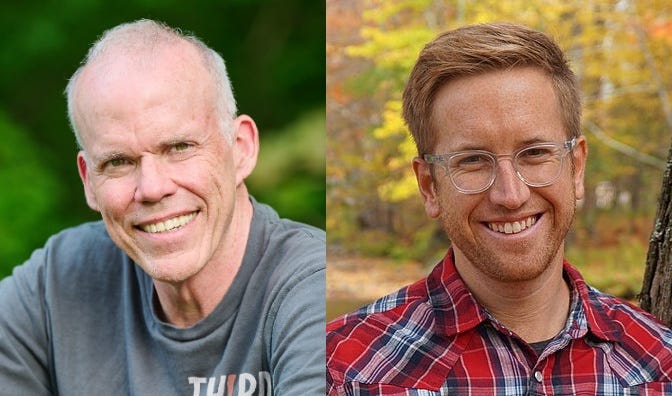
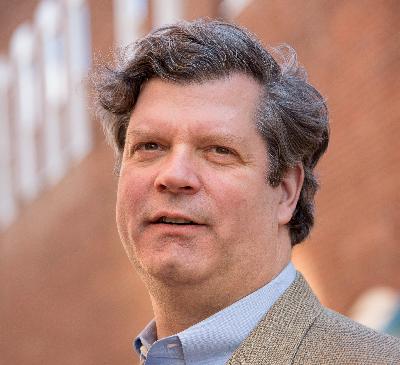

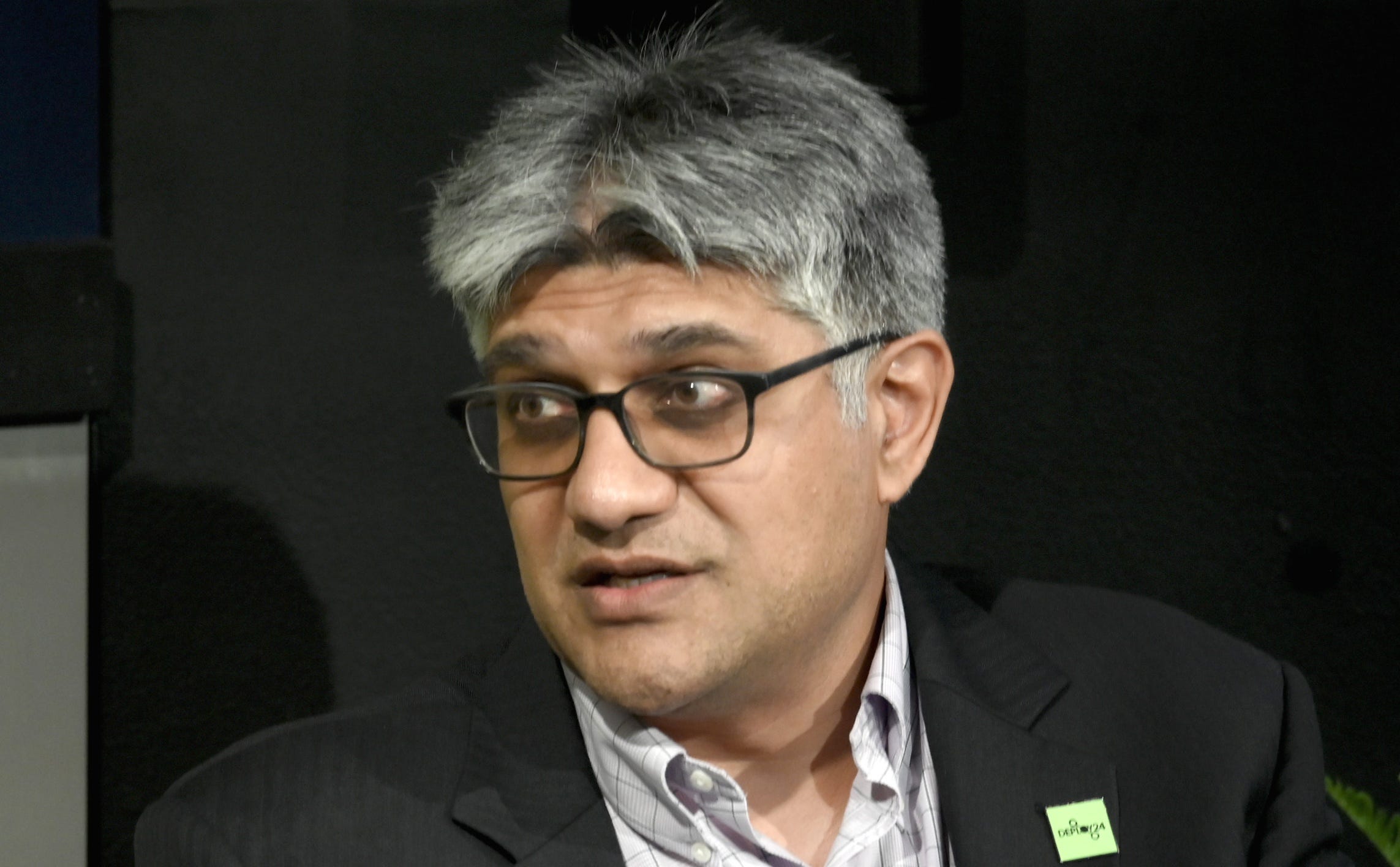

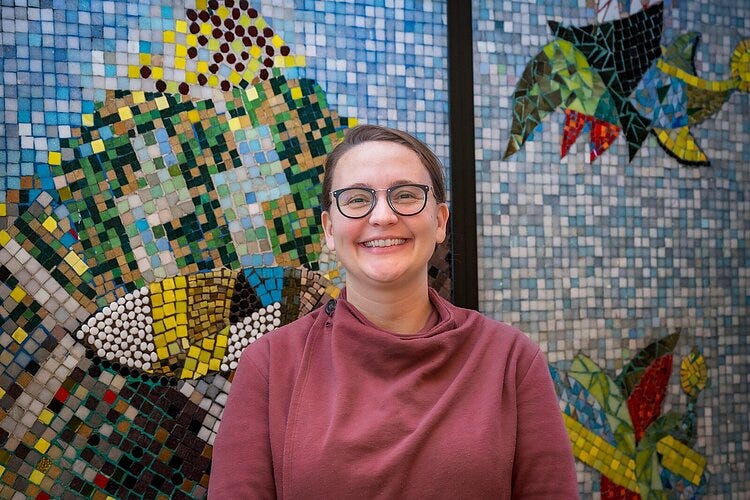
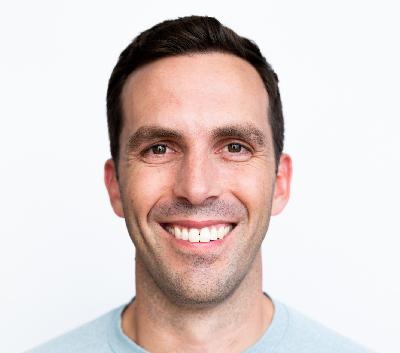
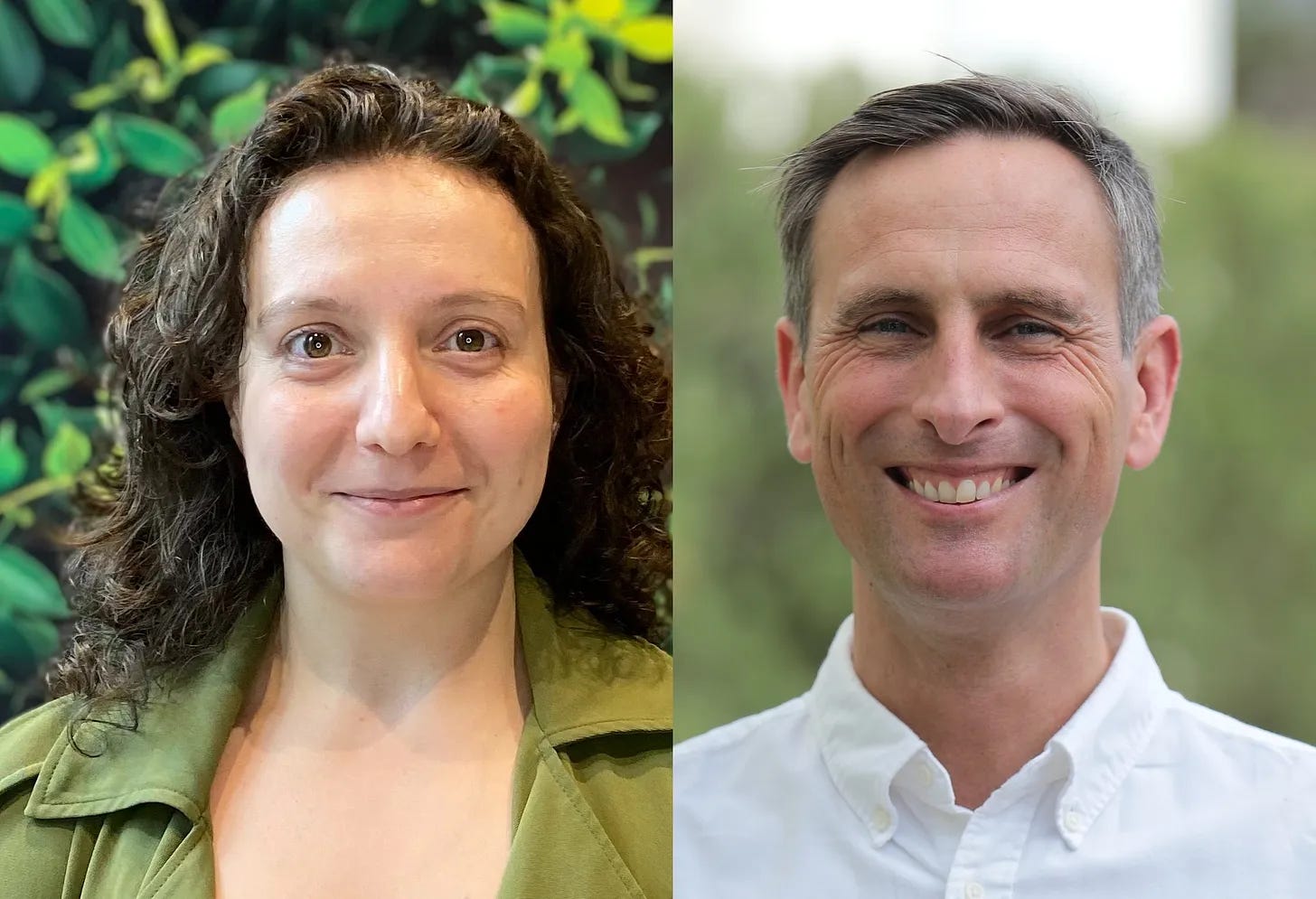



a brilliant episode. it stands out even against the other excellent ones.
A bad idea on any account.
brilliant episode. so much incisive commentary with great nuanced perspective.
I've listened :) great info, thank you! could you please address one more question: are there plans included in this IRA, or elsewhere, how to supply quality engineers to the new green technologies ( invention, production, etc). i'm especially interested in (well, worried) that this new enthusiasm might be single-focused and sometimes won't have time to evaluate 360 impact. Just one example: dams had to be destroyed because we found out they were not friendly to salmon. anyhow: are the plans to train (obtain) engineers and workforce in this hurry that is smart enough to not make such mistakes.